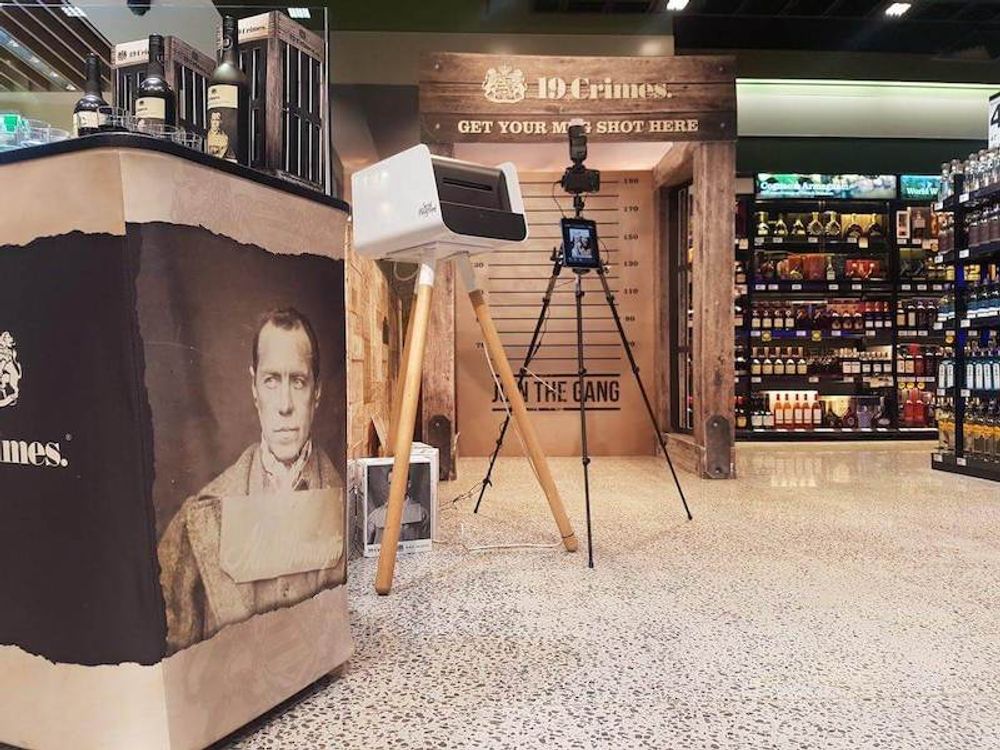Wine Intelligence’s Lulie Halstead urges wine companies to get back to basics when it comes to marketing wine.
Just to be clear, I don’t think all wine businesses fail at marketing. But from what I’ve seen in more than 20 years knee-deep in the world of wine marketing, many wine businesses simply don’t ‘do’ marketing very well.
In my experience, marketing typically isn’t taken as seriously as it could or should be in many wine businesses. This is most likely a reflection of our sector’s top-of-mind priorities. Operationally, we in wine are deeply focused on viticulture (both grape growing and grape sourcing), which as I now know as a grape grower myself, is pretty difficult and frustrating – triumph can turn to disaster overnight at the mercy of the weather gods.
Then there is winemaking, bringing with it the delights and complexity of blending art and science (please forgive the pun). And that’s before we’ve even got to how hard it is to distribute globally, not just logistically, but also in terms of the overwhelming competition for listings. Many wines are, or have, ambitions to be sold through supermarkets, and yet these supermarkets are both our customers and our competitors with their own brands and own labels. And that’s before we’ve even started on the kinds of margins wine has to work with in mainstream channels.
Outside view

19 Crimes has successfully managed to break out traditional wine marketing by not talking to the consumer about the actual wine but the stories behind it and the community you are part of by buying and drinking it – like with this in-store opportunity to take you a photo of yourself and create your own 19 Crimes wine label
Looking at the wine category from an external perspective, that is through the eyes of our consumers, our category is shrouded in complexity, which is of some pleasure and often much annoyance to the majority of wine drinkers. Wine’s complexity as a category knows no bounds. Hundreds of thousands of SKUs are available. And guess what, just to make it that little bit harder, the labels are covered in loads of words that drinkers in many markets simply don’t get, don’t care about and most likely won’t even notice.
Then there is situational complexity – how many different occasions can you think of where you consume wine? I’m guessing for most of us ‘regular’ wine drinkers, you’ve been able to list more than 10 pretty quickly and easily. Then let’s add to the mix the social complexity that wine brings with it. Wine still has social currency, which is both a blessing and a curse for us. What wine we drink and choose still says something about how we want to be portrayed to both ourselves and those around us.
So, no wonder marketing is often not top of mind in many wine organisations and typically is the last cab out off the rank when it comes to budgets and mental resources.
But we as marketers don’t help ourselves. We really don’t. We rely too much on tactics and we are often pretty rubbish at leading with strategy before we zoom in on these tactics. And the tactics we rely on in wine are typically price or value promotions at the point of sale. Although promotion (in the broader, marketing communications sense of the word) really is an important part of the marketing toolkit, in-store discounting is certainly not the only tool in the box that we are responsible for as marketers.
Back to basics
So, I’ve gone back to basics. I’ve asked myself three fundamental questions:
- What is marketing?
- Why does it matter?
- How should it become more important and valuable in the wine category?

Want to know about marketing? Spend some time with marketing professor Mark Ritson
In the last six weeks I’ve made my way through four textbooks (blimey, they can be tough going) and more academic papers, journal articles, blogs, videos and Podcasts (which by the way is my new favourite way of assimilating information) than I can count. All of which has been supplemented with some great reminders courtesy of Mark Ritson and his Mini MBA in Marketing, which I’m currently in the middle of.
My current favourite definition of marketing comes courtesy of the Chartered Institute of Marketing which is ‘Marketing is the management process responsible for identifying, anticipating and satisfying consumer needs profitably’.
Bingo. So marketing is actually simply:
1. Understand what somebody will pay for.
2. Make it available to them (both mental and physical availability).
3. Do so at a profit.
In which case, if those are the three things that marketing does, shouldn’t marketing be at the heart of our wonderful, complex, frustrating sector, not relegated to the sidelines? After all, don’t we just want people to buy and appreciate our wine?
- You can find out more about the work that Wine Intelligence does to help wine companies better understand their potential customers at its website here.









































